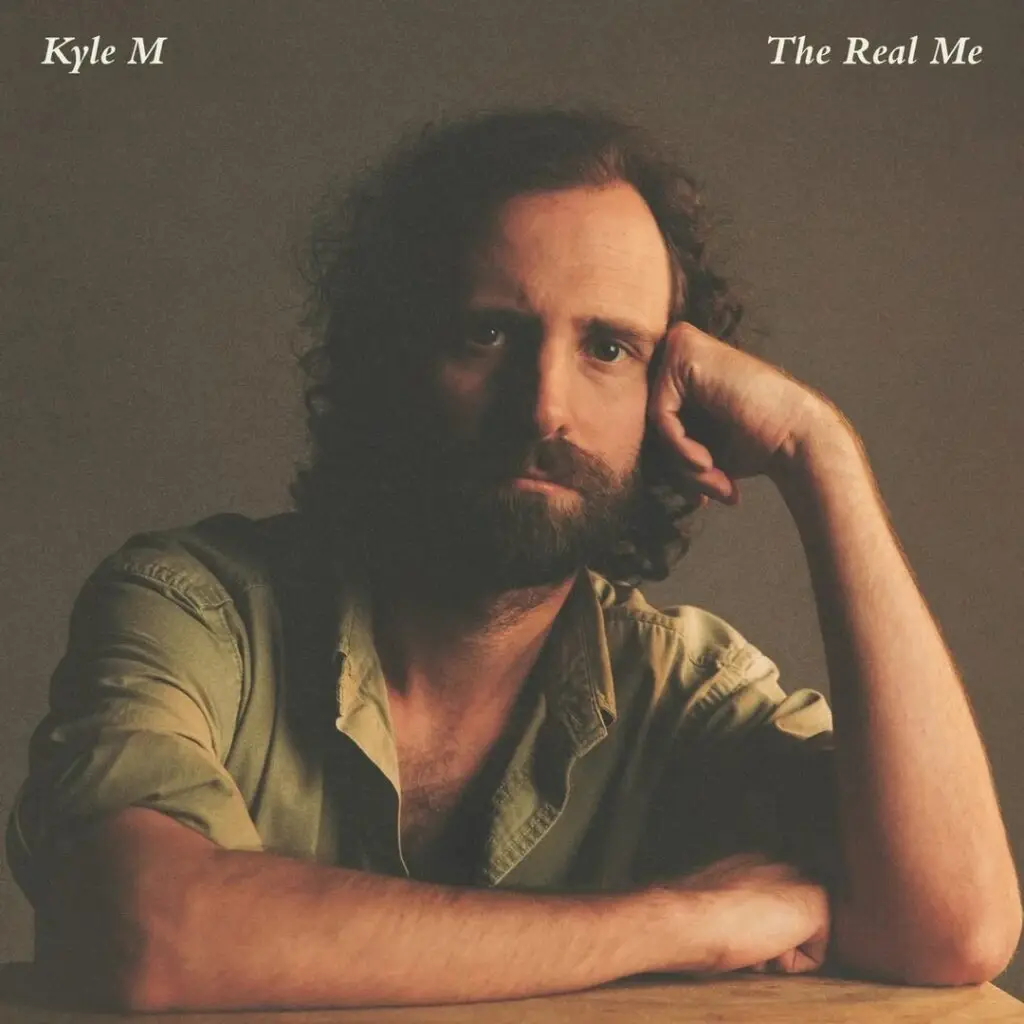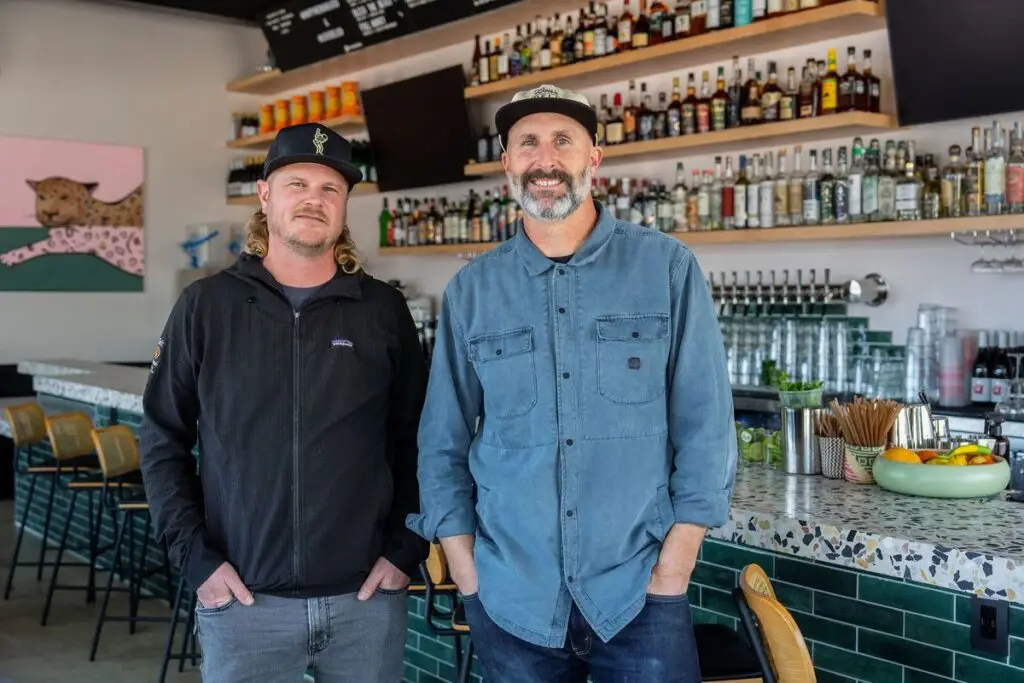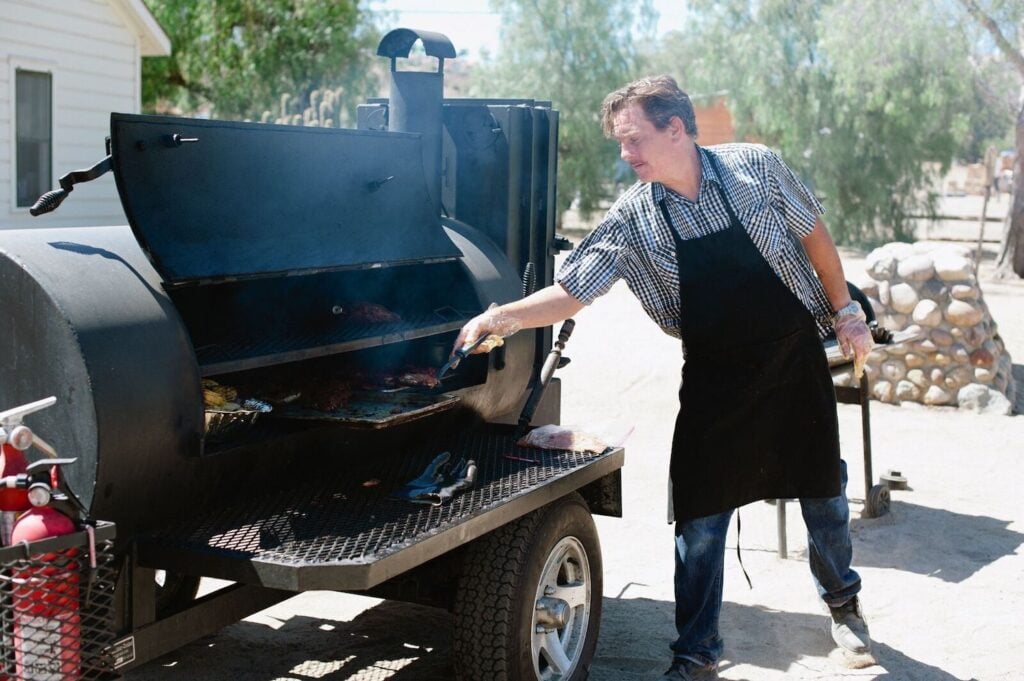What do evolutionary biology and punk rock have in common? A whole lot, if you ask Greg Graffin, zoology PhD and frontman of legendary Los Angeles punk band Bad Religion. In his first book, Anarchy Evolution, published in 2010, Graffin examined the tensions between science and religion. The book is filled with personal anecdotes from Graffin’s life and music career, making it a fascinating read for science geeks and punk fans alike. His new book, Population Wars, which came out in September, offers Graffin’s view on ecology and competition within our species, and the need to rethink the reasons for human warfare.
This week, he’s one of the featured speakers at the San Diego Music Thing music and media conference. We caught Graffin on the phone from New York to talk about his new book, his relationship to San Diego, and the formalities of teaching evolution at Cornell University.
I read Anarchy Evolution when it came out, but I have to admit I’m feeling a little intimidated by Population Wars, especially since I don’t have a science background.
There are a couple of chapters that I would say are a bit hard to get through, the chapter on the immune system and on viruses particularly. There’s no real easy way to tell that story, except to make it kind of academic. But what this book expands upon, and what I find engages a lot of people, is the fact that I’m not just talking about other species. I’m talking about humans, and why these examples from nature are important to human beings. For instance, there’s a chapter in there about first contact between Europeans and Native Americans and the kind of struggles that went on culturally. And I think it draws people in who are interested in American history and cultural anthropology. It draws a lot more diverse interests than just biologists.
So who do you think should read Population Wars?
Everyone from second grade to college. [Laughs] Look, it’s hard to answer that question, because I know there are probably a lot of authors who are super targeted in who they’re writing for. But do you know what the answer is? I am writing for myself. It takes a lot of arrogance to say something like that, but think about anything you really love—your favorite book, your favorite movie, your favorite song – I can guarantee that the writer, the creator, was not writing it for you. You felt a sense of discovery and you felt something that you bonded with, and you can’t predict those things. As a writer, as a content provider, as an artist, you cannot predict those things and still produce anything of real quality.
There’s lasting quality, I think, in the art and even in the sciences that come from a personal motivation. So, in a sense, if that opens me up to criticism, I’m willing to take it. Some people would say that this book is just a patchwork of science and cultural anthropology and anecdotes about music. Well, yeah, but that describes who I am. I’m trying to do what I’ve always done, and that is provoke people to think, and provoke people to make intellectual connections in this world. You don’t have to be a college graduate to read this. You still have an intellect, and I’m trying to get people, no matter who they are, to use that intellect to address some of these very difficult questions.
In Anarchy Evolution you drew a lot of parallels between evolution, or naturalism, and punk rock. As a professor, do you have people taking your classes because they know you’re the singer of Bad Religion?
It’s funny, because you would expect more of that, perhaps. But the truth is, because of the formalities of taking classes in college and the formalities of enrollment, most of the people taking my courses take them because they need to graduate. [Laughs] So you actually wouldn’t find that many students who take it because of who they think I am. And I’m happy about that, because it frees me up to be more formally academic. When I’m lecturing, there’s a formality to it. When I’m singing at a concert, there’s a formality to it. If you don’t stick to that formality it becomes contrived. It can look like you’re trying to accomplish something you’re not really trying to accomplish. And I feel like the same person whether I’m on stage at a concert or on stage lecturing, because it’s coming from the same part of my brain, and I have the same motives for getting up there in the first place. I just want to provoke people to think a little bit.
Your songs have catchy melodies and lyrics with concepts that are fairly easy to grasp. Is Bad Religion a “gateway drug” to getting into the heavier stuff, which would be your more academic writing?
[Laughs] That’s a good way of looking at it. I would hope so, even though it’s your opinion that it’s kind of academic and hard to read. My goal, just so you know, is to write for anyone who’s interested. And I think there’s a large body of people, not only in this country, but in the world, who are interested in this concept of warfare. Where does it come from? Why are we as a species so prone to war? Why does it appear as though we can never end war? That’s the kind of person who I think would find this book interesting, regardless of whether they’re a biologist or not.
You are an atheist in a religious country. It seems a lot of your opinions, which are viewed as truths in more secular parts of the world, are still considered controversial here. Do you feel like we should have gotten further as a society by now?
I live in the real world. I live in a world where I can recognize and understand statistics. And the truth is that an unusual number of people in the United States fear atheism. They think it’s some kind of a cult or something. I’m not at all prepared, nor do I really care, to fight those people. And I always say, I refuse to get into a battle of wits with an unarmed person. I’m not going to get into a punching match with someone who challenges me on an absurd notion—but I am very happy to point out the absurdity of it.
So am I surprised? Yes, I’m very surprised that people are still unwilling to consider a naturalist worldview. Or consider a world that is not controlled by gods. I’m very surprised about that. But then again, I understand where it comes from. People are holding on to deities because they’ve been taught since they were born not to question these things. So I think it’s understandable. These people don’t need to be battled, they need to be educated.
I’m going to switch to some lighter subjects before I let you go, though I appreciate this conversation. You grew up in Wisconsin and L.A., and you live in New York. What would you consider home?
In the bio for my new book, I say that Los Angeles and Ithaca, New York, are the two places I consider home. You can never really get away from the place where you grew up, and the San Fernando Valley of L.A. is always going to feel like home to me. But, for most people, if you choose to spend as little time as possible at home, then you have an exciting life.
Now I feel very much at home in Upstate New York, because before I moved to L.A., until I was about 11 years old, I grew up in the suburbs of southeastern Wisconsin. So I do feel a kinship with the changing seasons of the east.
Have you spent any time in San Diego?
Oh yes, definitely. I got married in San Diego. My wife is from San Diego, so we actually have a lot of relatives there.
You’re coming here this week for the San Diego Music Thing. What will you be speaking about?
It should be an exciting event, but I can’t give you an exact topic list because what makes it exciting is that it’s going to be hosted by a moderator. And the moderator is sort of a celebrity in her own right. Her name is Shannon Gunz, she’s a host of Faction on SiriusXM. I want the event to be very inclusive with audience participation, so some things that maybe you found enjoyable about our conversation here, hopefully people in the audience will find interesting, too. They’re going to ask questions and Shannon will moderate. Shannon and I have a good rapport; I’ve been on her show on SiriusXM and she does a lot of interviews with music personalities.
What are you planning on doing next? What’s next in the pipeline for Greg Graffin?
Well, I have a lecture tomorrow on evolution. [Laughs] During the fall semester I’m pretty busy. But next year there’s going to be a new solo album. I put out a new solo album about every six years, so next year I’m due for one. And then I’m going to develop a new book, but I can’t talk about it yet. And finally, Bad Religion has a new album to write. So we’ve got a lot of work to do.
And the 40-year anniversary of Bad Religion is coming up.
[Laughs] Yes, that’s coming up. Maybe that’s what we have to shoot for.

Greg Graffin Wants to Provoke People to Think
Greg Graffin | Photo by padu_foto / Shutterstock


















